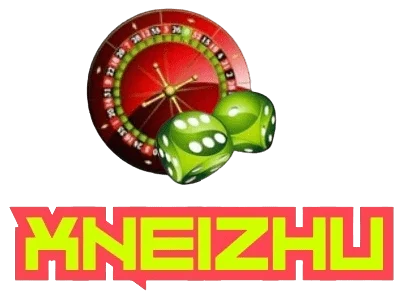The journey from the PSP to the PlayStation 5 tells a compelling story of innovation, evolution, and growth. While the PSP brought console-quality gaming to players’ pockets, today’s PlayStation games offer cinematic experiences that rival blockbuster films. Bonus new member The trajectory between these two eras highlights how far the gaming world has come—and how PlayStation has consistently stayed at its forefront. From humble handheld titles to sprawling open-world adventures, the brand has continuously adapted to meet and exceed players’ expectations.
The PSP’s impact is still evident in modern design philosophies. Games like Metal Gear Solid: Peace Walker introduced mechanics such as co-op missions and base-building that later influenced major console entries like Metal Gear Solid V. This interconnectedness across generations reveals how even the smallest screen can spark ideas that flourish in larger titles. While the PSP may have been limited by hardware, it was never short on ambition. That spirit continues today in the expansive and often groundbreaking PlayStation games that define the current era.
As gaming technology advanced, so did the complexity and depth of PlayStation titles. The PS5 now offers experiences that go far beyond gameplay—these are interactive stories, emotional journeys, and creative worlds that players can deeply connect with. A game like The Last of Us Part II doesn’t just tell a story; it invites players to feel every emotion alongside its characters. This emotional weight, combined with cutting-edge technology, defines what makes today’s best games so memorable.
Yet, none of this would be possible without the foundation laid by earlier titles, especially those on the PSP. The creativity, experimentation, and passion that fueled those early games continue to influence the PlayStation brand. Whether you’re revisiting an old favorite from the PSP library or diving into the latest AAA release, there’s a clear throughline of excellence that defines PlayStation’s legacy. It’s not just a brand—it’s a history of the best games across every generation.
